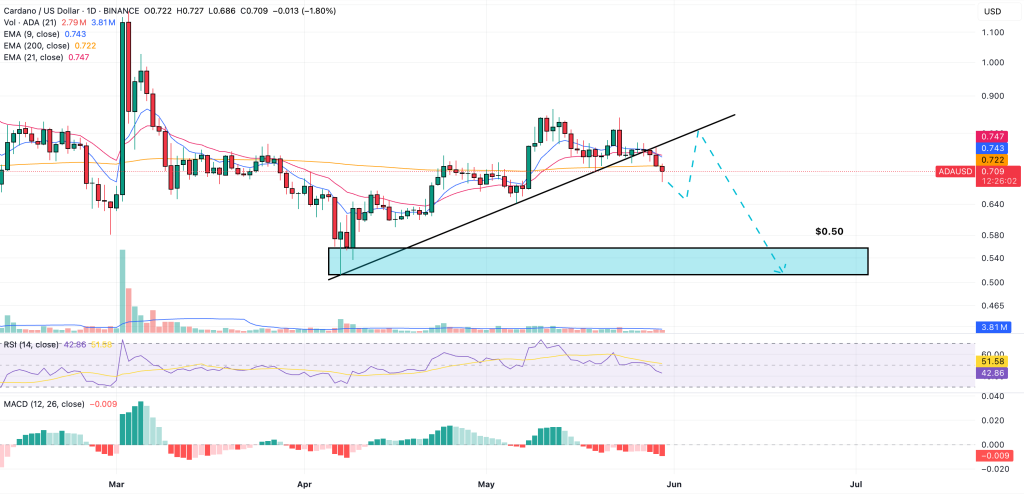With overlapping boards, doubling the service doesn’t always mean doubling the fun.
getty
Serving as a corporate director can be fun, rewarding and intellectually stimulating. For the individual board member, it provides an opportunity to leverage expertise and wisdom, and can serve as a useful entree to career-expanding relationships.
And sometimes directors can “double their fun” through simultaneous board service on companies that might share similar interests, strategies or perspectives. This can leverage skill sets, and can also lead to meaningful efficiencies, information flow and coordination between the companies. That’s why the use of such “overlapping board” structures can make a great deal of sense from governance and strategy perspectives.
Except, of course, when it doesn’t. And that’s happening more often than not these days with the dramatically increased level of antitrust enforcement from the Department of Justice (DOJ) and the Federal Trade Commission (FTC).
Under the Biden Administration, these enforcement agencies have been especially aggressive in challenging overlapping directorships when they exist between competing companies. The agencies interpret applicable laws to prohibit these kinds of overlapping directorships because of their potential to harm competition in the shared industry sector. Their specific concerns are with how overlapping directorships can facilitate the exchange of confidential and competitively sensitive information between the allegedly competing companies, with potential harm to consumers.
In fact, over the last two years, the DOJ and FTC have publicly announced several resolutions requiring the unwinding of such board arrangements. Two of these occurred within the last few days, with press releases announcing the elimination of cross directors in two different overlapping board arrangements. One of these arrangements involved companies the FTC claimed to be direct competitors in the production and sale of natural gas in a large natural gas-producing region. The other recent arrangement involved the resignation of two directors who the DOJ alleged served on the boards of two social network companies that connect users, businesses and other neighborhood stakeholders.
The challenge for current and potential directors is one of advance diligence; how best to identify the potential antitrust risk before agreeing to participate in an overlapping board relationship. After all, many of these relationships serve valid and important business reasons, in which the linkage between boards provides substantial commercial benefit.
The key question is whether the companies proposing the overlapping board relationship are likely to be considered competitors by the government. That can be a far more nuanced question than may first meet the eye, as competition can be considered to exist at multiple different levels of a company’s business operations, such as individual product or service lines, research and development, and even the recruitment of employees.
Cross-directorships arrangements are a not-uncommon governance model, and often present themselves as benign and practical in terms of nature and risk. That can lead to the temptation for both potential cross directors, corporate leaders and governance advisors either to miss the issue entirely, to downplay its significance, or to apply their own competitive analysis to particular arrangements, without consulting antitrust experts.
As simple as the concept of competition may seem at the surface, it can be a whole lot more nuanced when viewed through economic and antitrust lenses. And if nothing else, the antitrust laws are complex and their application often depends on case law. A CEO or board member’s evaluation of competition or individual court decisions may not be accurate.
There’s no question that overlapping board arrangements can make a great deal of business sense. There’s also no question that when such arrangements involve competing companies, the federal antitrust enforcement agencies are likely to be interested. And that’s the conundrum for those who have the desire, the capacity, and the skills to serve in these arrangements.
Cross-directorship service opportunities don’t always come with antitrust compliance assurances. Oftentimes, it will be up to the proposed cross director to take the initiative on potential risk by asking corporate counsel-not just an executive or governance advisor. That’s not only a fair and legitimate question to ask, it’s also the smart one.
Because while there’s some truth to the old saw about “all publicity is good publicity,” it doesn’t necessarily apply to press releases from the antitrust enforcement agencies.
Michael Peregrine thanks his partner, Stephen Wu, for his assistance in preparing this post.
Credit: Source link










